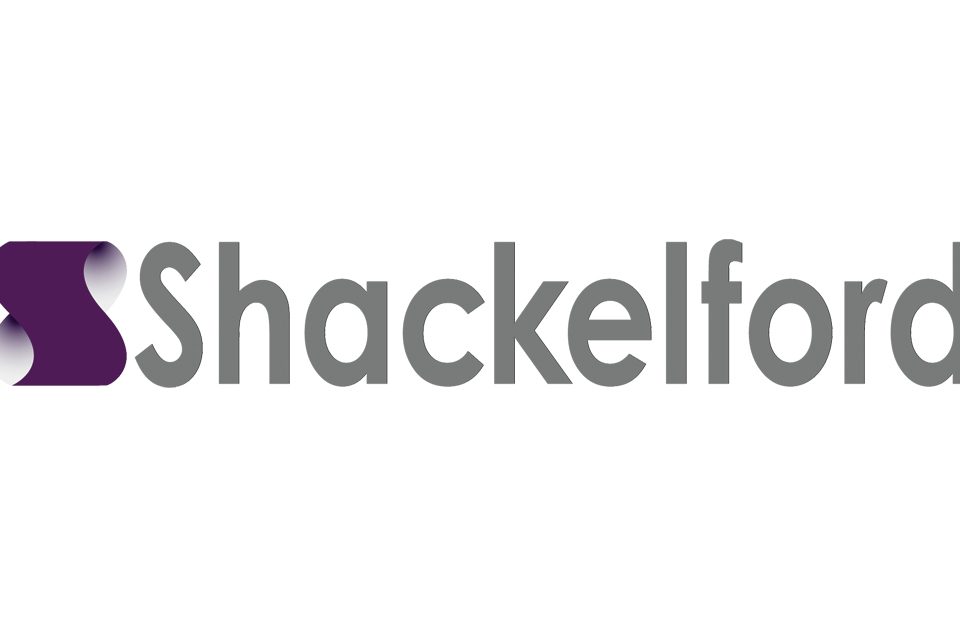By Chris Mathews – Reporter, Houston Business Journal – July 27, 2020 at 7:00am CDT
Companies in Houston — from Main Street businesses to professional sports teams — are suing their insurance providers for denying business-interruption insurance claims brought on by the Covid-19 pandemic.
Houston-based law firm Matthew & Associates is representing numerous local restaurants that are suing their insurance companies over denying claims on coronavirus-related losses. Star Cinema Grill, a Houston-based movie theater company, filed a similar lawsuit against its insurance provider earlier this year. Other cases have been made in Raleigh, North Carolina; St. Louis, Missouri; and elsewhere.
The Houston Rockets recently became the first National Basketball Association team to sue its insurer for denying a business-interruption claim. Rocket Ball Ltd. and Clutch City Sports & Entertainment LP, the respective holding companies for the Houston Rockets and the Toyota Center, sued Rhode Island-based Affiliated FM Insurance Co. on July 15.
Attorneys for the Rockets claim that more than $719,000 in annual premiums were paid for up to $412 million in property damage coverage, “with a substantial portion of that amount in coverage for business interruption losses,” the lawsuit states. The lawsuit asserts that that “communicable disease” is “physical damage of the type insured” under the team’s policy.
Legal considerations for many business-interruption insurance disputes are tied to a covered type of property damage, said Bruce Wilkin, a partner in the Houston office that Dallas-based Shackelford, McKinley & Norton LLP opened last year. Wilkin has experience representing insurance groups in first-party insurance disputes, which is a hot legal area right now.
“This is probably the busiest our group has been in a decade because of this — all these interesting issues on the business-interruption coverage from the pandemic,” Wilkin said.
A major factor in winning such an insurance dispute comes down to where the plaintiff files the lawsuit, Wilkin said. Some jurisdictions hold that a “demonstrable alteration of the property” must be proved to be covered under a business-interruption policy. Other jurisdictions take a broader approach and include damages not visible to the naked eye that qualify as property damages — like the presence of noxious odors or fumes, he said.
“Those jurisdictions approach it from kind of a loss-of-use perspective,” Wilkin said.
The language of the contract between the insurer and the policy holder is obviously key in making decisions in insurance disputes. For instance, was the insurance contract intended to cover types of loss brought on by viruses, micro-organisms or communicable diseases? Such pandemic coverage policies have existed — the organizers of the Wimbledon tennis tournament in the U.K. purchased pandemic insurance for about $1.9 million annually following the SARS outbreak in 2003. When the tournament was canceled due to Covid-19, the pandemic insurance policy was tapped for an estimated $142 million. But that doesn’t mean businesses will be able to add such policies now.
Some businesses suing their insurers have attempted to retroactively add pandemic coverage into their existing policies, said Sean Kevelighan, president and CEO of the Insurance Information Institute, a group composed of more than 60 insurance company members. He argues that retroactively altering insurance contracts to this extent is unconstitutional and would bankrupt the industry within a matter of months.
“I would say the litigation trend is looking more towards language manipulation attempts as opposed to trying to retroactively fit contracts, thankfully,” Kevelighan said.
Nonetheless, businesses are searching for financial relief wherever they can as the pandemic continues with no end in sight. Kevelighan asserts that the much of the relief will need to come from the government — not insurance companies. For instance, tens of thousands of Houston-area businesses were approved for billions of dollars in Paycheck Protection Program loans, according to Small Business Administration data.
“We have to establish that since global pandemics are largely uninsurable, this needs to be managed, and the federal government needs to be that primary provider of relief,” Kevelighan said.
In the end, the Covid-19 pandemic will likely cause insurance companies to make the pandemic coverage language they use in policy contracts even more clear, Wilkin said.
“This has led to so much litigation already that, just from a practical matter, I think you’re going to see some new policy language come out in the future where both sides are going to want to have it expressly addressed,” Wilkin said.





